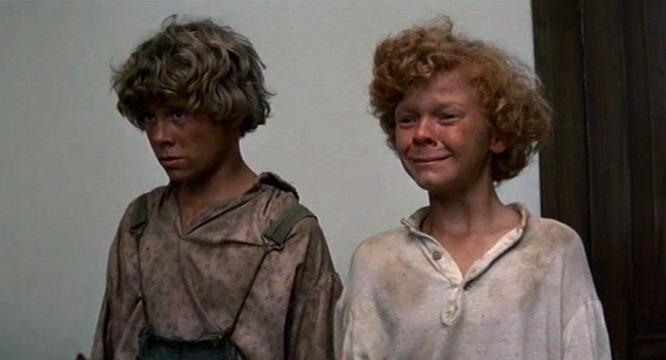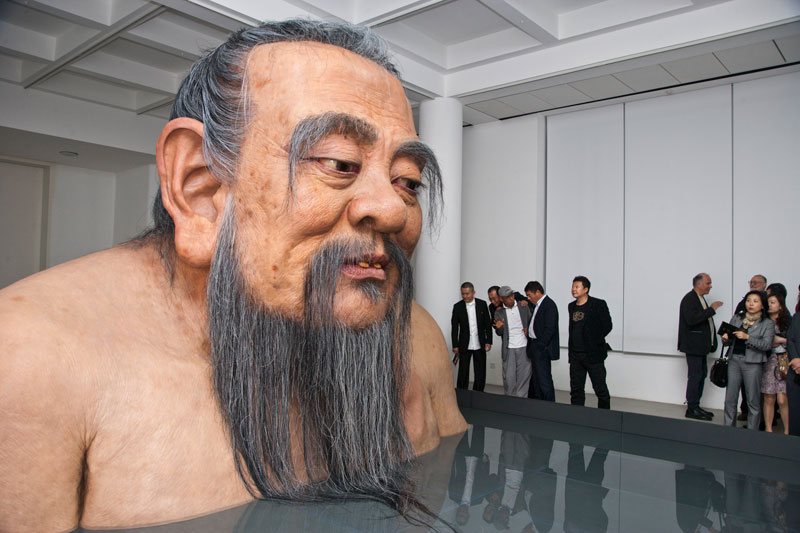See if you can find the connection between these three things: a news item, a book and a song. 1) There was an interesting article in the news this week, regarding a radical proposal to change the way international football matches (soccer – stay with me, my American friends…) are handled in the event of a level score after all the time has been played.
 The traditional sequence of events is that after 90 minutes of normal time, and 30 minutes of extra time, a penalty shootout ensues – and sooner or later, one or more unfortunate players commit the heinous, unforgettable crime of missing a penalty – and endures a lifetime of shame from unforgiving fans. It’s a tough, but dramatic way to end a game – or a career as a popular footballer. Most fans would much prefer a legitimate win in the conventional way.
The traditional sequence of events is that after 90 minutes of normal time, and 30 minutes of extra time, a penalty shootout ensues – and sooner or later, one or more unfortunate players commit the heinous, unforgettable crime of missing a penalty – and endures a lifetime of shame from unforgiving fans. It’s a tough, but dramatic way to end a game – or a career as a popular footballer. Most fans would much prefer a legitimate win in the conventional way.
The radical idea (proposed by UEFA, which represents European football associations) was to hold a penalty shootout at the start of every international game, just in case it ends in a draw. That way everyone gets to enjoy the drama of the event without creating instant villains - and the game which follows has an extra degree of urgency. When you think about it, it’s actually quite a good idea – bringing forward what you occasionally do at the end of the game, so that everyone gets the benefit.
 2) In the Adventures of Huckleberry Finn, Tom Sawyer becomes fascinated with the idea of attending his own funeral – and, by faking own death, he gets to do exactly that, and upon hearing his own obituary and seeing the grieving Aunt Polly he comes to realise how much he was loved, and is filled with remorse.At least for a little while until his next adventure.
2) In the Adventures of Huckleberry Finn, Tom Sawyer becomes fascinated with the idea of attending his own funeral – and, by faking own death, he gets to do exactly that, and upon hearing his own obituary and seeing the grieving Aunt Polly he comes to realise how much he was loved, and is filled with remorse.At least for a little while until his next adventure.
 3) Joni Mitchel’s “Big Yellow Taxi” – and in particular the famous line from the chorus:
“Don’t it always seem to be, that you don’t know what you’ve got ‘til it’s gone…”
3) Joni Mitchel’s “Big Yellow Taxi” – and in particular the famous line from the chorus:
“Don’t it always seem to be, that you don’t know what you’ve got ‘til it’s gone…”
Can you see the connection?
Now, more importantly can you see the connection to our world of Knowledge Management?
Here it is: Harvesting knowledge from someone leaving the organisation, just before they go.
Why do we leave it until too late to start paying attention to the know-how and know-who bound up in our most valued employees? How many leaving parties have you been to where you leave saying “I never knew that about Bob, and I’ve worked with him for 20 years!”
Wouldn’t it be cool to work in a organisation where you got to “fake your own retirement” after 5 years. You get to hear how your colleagues valued and appreciated you, they get to discover so much more about your background and experience, and it all happens in time to have a positive impact on the ‘game’ which is the rest of your career in that organisation.
The good news is that we can do this more and more as our digital histories in organisations become longer and more readily accessible. All those contributions to discussions and conversations can be mined through my Yammer or Twitter profiles. My contributions to Wikis are marked by my electronic fingerprints. My blog entries reveal my personal thoughts and ideas in an ever-evolving memoir. My profile (internal and public) provides me with space to declare my interests, passions and past. Add to this some of the processes carried out in more progressive, networked organisations, where I’m connected to buddies and mentors and I’m deliberately introduced into networks and communities as part of my induction. Perhaps after a few years I get invited to do a "hot seat" exercise within a community, whereby members of the community can ask me questions over a 24 hour period.
If we were able to piece together all of these knowledge touchpoints from my career, then last-minute salvage exercises like "knowledge harvesting" would no longer necessary.
Now that would be a game-changer.











